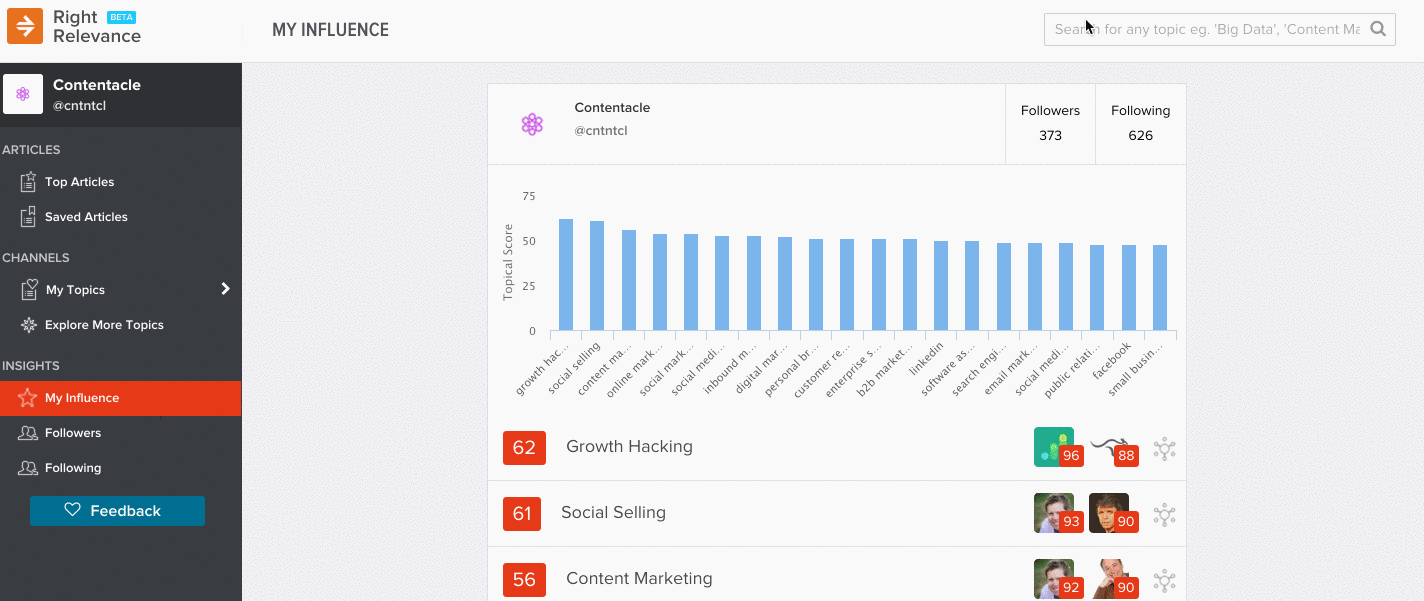
The First Step to Blog Success Is to Know What You Know
September 17, 2015
Writing
Last week I gave you some tips about how to blog about something you’re into, but how do you tap into that? How do you find content ideas and expand these into blog posts? How do you create a successful blog?

When I first started creating content, I had no idea what I was doing, literally none, nada. I’m sure you were the same at some point.
Around the time I started writing, I knew my UI design was acceptably good, and that I enjoyed it. I decided I’d conquer the design space with my amazing blog about user interfaces. My blog wasn’t very successful.
Guess what? I didn’t conquer the UI space, and I didn’t even think whether people found the blog useful. It turns out they didn’t, but that’s okay. It taught me a lesson - don’t just assume people will find your topic interesting. You need to make it valuable to them.
How do you turn that passion and knowledge into something valuable though, and into something people will actually give a hoot about? How do you run a successful blog?
Start writing down content ideas
To begin with, you need to get all your ideas down on paper. Without thinking about it too much, scribble down some potential blog post ideas.
This’ll help you work out if it’s something you can write about frequently or not. You don’t want to get bored with the subject.

If you can’t think of more than 10 blog post ideas, it’s not going to be something you can create a load of content about. Chuck that idea away, and move onto the next one. If you still think it’s a great idea, take a break and try again later. Turns out that taking frequent breaks boosts your creativity.
Ask the internet
Once you’ve honed onto a subject you find interesting, and one you think you’ll be able to craft a lot of content for, you need to validate it.
Ask the internet. I know it’s scary, but give it a try and see whether people would read your stuff.
We did this before Contentacle was born. Using Google Consumer Surveys, we set a series of questions. We wanted to know if it was something that people needed. Sure, we needed a unified platform to plan, write and publish our content as a team - but did others?

To find out, we set up a few questions. They were:
Do you run a blog? A screening question that ensured we only captured answers from bloggers. It turned out that 89.8% didn’t blog, so we were glad we didn’t ask everyone the next questions.
How much would you pay per month for a tool that helped you plan, manage and schedule your blog posts? We wanted to know how much people would be willing to pay for a content platform, if anything. We were surprised by the results. Whilst 42.3% said they were only willing to use it if it was free, 11.2% answered > $20 per month.
Do you need a tool to help you stay on top of your content creation and blog management? Finally, we wanted to know if people needed it. Turns out, the majority didn’t, but we expected that. What really spurred us on was the fact that 37.1% of the 56 participants answered “Yes, and I need it now” or “Yes, I need it in the future”.
So you see, running a survey can make a huge difference to whether you run with an idea or not. Having that validation can make you go for it, and give you the passion you need.
Here is a list of tools you can use for creating your very own survey:
- Google Consumer Surveys (Links to a $75 Voucher, you’re welcome!)
- Survey Monkey
- Typeform
- Google Forms
- Murvey
Read others’ work
What do other people know about the subject? Finding out the answer to this question requires you to do some research.
Use tools like RightRelevance and BuzzSumo to find influencers and take a look and see what they’re sharing. If you think you could add more to the conversation, go for it.

Remember, there’s nothing wrong with having competition in your niche as long as you’re adding value. The most successful blogs have heavy competition.
Recap
Start by thinking. Think about what content you could conjure up. Less than 10 ideas? Take a break.
Validate before you go all in. Make sure your subject is something people want to read about. Use surveys to validate your idea.
Influencer research. See what the top people in the industry are sharing. It might give you inspiration for your own posts.